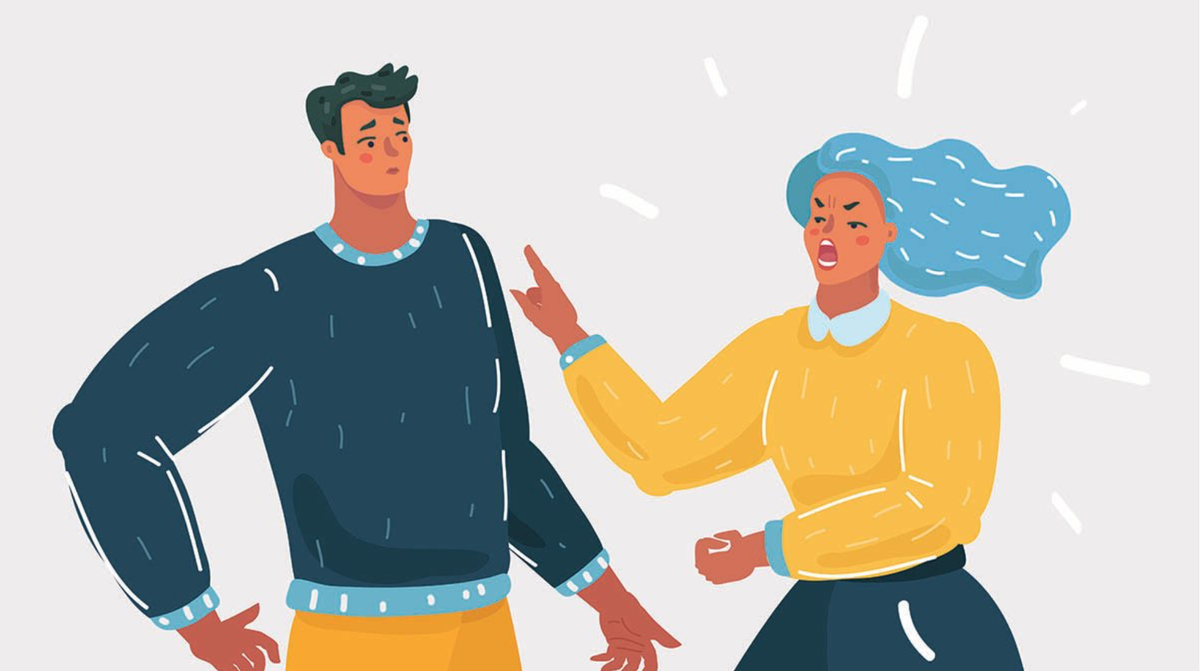People pleasing is bad for your health

Have you ever been bumped into and said sorry for the other person? Or started a conversation with a stranger by saying, 'sorry'? While you may have chalked it up as being exceedingly polite - or exceedingly British - relentless people-pleasing can be bad for your health.
One study found that people eat more when they feel that it will please others, even if they don’t necessarily want to. Another study found people-pleasing was positively correlated with being overweight — and that this coping mechanism was more popular among women, with 54% of women identifying with people-pleasing coping mechanisms as compared to 40.3% of men.
Elsewhere, researchers found that bending over backwards can erode our sense of self-control. People-pleasing is like a muscle, the more we do it, the more it fatigues.
If you were excessively pleasant to your boss this morning despite them being an utter buffoon, your ability to focus on the report they demanded this afternoon diminishes. That can then have secondary impacts, like the decision to have that second glass of wine, or to scroll endlessly on your phone knowing full well the washing needs hanging. But what's going on here? Why are we so eager to please?
Yes yes yes yes 👍
People pleasers are motivated by a strong desire for approval and external validation and may be insecure in their relationships, says Amy Morin, a social worker and psychotherapist.
This insecurity makes them conform to other people’s opinions and expectations — even when they don’t want to — and can make it hard for them to say “no” when they are presented with something they genuinely don’t want or like.
Saying sorry to a stranger for bumping into you on the street might not sound like much, but it's often an indicator of how you feel about yourself in the world.
Quite frankly my dear, I don't give a damn 🤷
The key, says researcher Reina Gattuso is understanding what you are and aren’t responsible for, and setting boundaries to enforce that.
Taking on the burden of other’s expectations, responsibilities, and judgements isn’t only bad for us — it’s bad for the other people in our lives, who may not have to take accountability for their own actions and responsibilities if we are constantly trying to please them.
So the next time you feel the urge to apologise for someone else being an arse, or take the blame for someone else, stop, take a breath, and let the world quietly know you're a people-pleasing no more.
Ok, where can I learn more? 📚
- 9 Practices to help say no - Harvard Business Review has a handy guide on how to tell someone to do one.
- A great TED Talk from engineer-turned-stand-up comedian Salma Hindy on how people-pleasing has a larger impact on our lives than we think.
- The disease to please - curing the people-pleasing syndrome - a best-selling book on this very issue, well worth a read.





